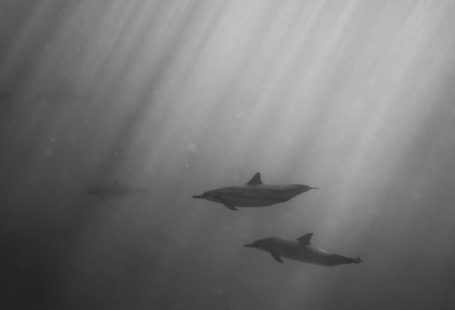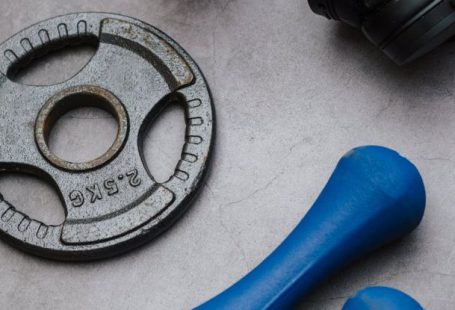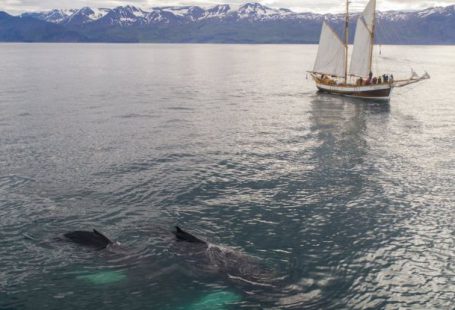Exploring the underwater world can be an exhilarating and rewarding experience, but it’s essential to prioritize safety when engaging in scuba diving. For those looking to enhance their skills and be prepared for emergency situations while diving, undergoing rescue diver training is a crucial step. This training equips divers with the knowledge and skills needed to assist others in distress, making it a valuable asset for anyone serious about diving. If you’re considering enrolling in rescue diver training, here’s what you can expect from the experience.
**Prerequisites for Rescue Diver Training**
Before enrolling in rescue diver training, individuals must meet certain prerequisites to ensure they have the necessary diving experience and skills. Typically, candidates must hold an advanced open water diver certification or equivalent, have completed a CPR and first aid training within the last two years, and have logged a minimum number of dives, often ranging from 20 to 50 dives. These prerequisites ensure that candidates have a solid foundation of diving knowledge and experience before embarking on rescue diver training.
**Classroom Instruction**
Rescue diver training typically begins with classroom instruction, where divers learn about dive theories, dive planning, dive tables, and dive safety protocols. In the classroom, instructors cover topics such as recognizing and managing stress in divers, responding to diving emergencies, and practicing self-rescue techniques. Divers also learn about equipment maintenance, emergency oxygen administration, and how to conduct rescue scenarios effectively.
**Skill Development in Confined Water**
After completing the classroom portion, divers move on to confined water sessions, where they practice and refine essential rescue skills in a controlled environment. In confined water, divers learn how to assist a distressed diver at the surface, perform rescue breaths, and tow an unresponsive diver to safety. These hands-on exercises help divers build confidence in their abilities and ensure they can effectively respond to emergencies underwater.
**Open Water Scenarios**
Once divers have mastered the necessary skills in confined water, they progress to open water scenarios to apply their knowledge in real-life diving situations. In open water, divers practice search and recovery techniques, conduct simulated rescue missions, and work together as a team to respond to various emergency scenarios. These scenarios challenge divers to think quickly, make decisions under pressure, and demonstrate their ability to handle complex rescue situations.
**Emphasis on Prevention and Preparedness**
While rescue diver training focuses on responding to diving emergencies, it also emphasizes the importance of prevention and preparedness. Divers learn how to recognize potential risks before they escalate into emergencies, conduct thorough dive briefings, and ensure that all divers in the group are aware of emergency procedures. By promoting a proactive approach to safety, rescue diver training helps divers prevent accidents and minimize the likelihood of emergencies occurring in the first place.
**Continuing Education and Practice**
Rescue diver training is not just a one-time course; it is an ongoing commitment to improving your skills and staying prepared for any diving situation. Divers are encouraged to continue their education by taking advanced courses, participating in rescue drills, and practicing their rescue skills regularly. By staying engaged and honing their abilities, divers can maintain their readiness to assist others in need and contribute to a safer diving community.
**Preparing for the Unexpected: The Value of Rescue Diver Training**
In the unpredictable underwater world, being prepared for the unexpected is essential for every diver. Rescue diver training provides divers with the knowledge, skills, and confidence to respond effectively to emergencies and assist others in distress. By undergoing rescue diver training, divers not only enhance their own safety but also contribute to a culture of preparedness and responsibility within the diving community. Whether you’re a recreational diver looking to expand your skills or a professional diver seeking to advance your career, rescue diver training offers valuable insights and practical experience that can make a significant difference in your diving journey.





